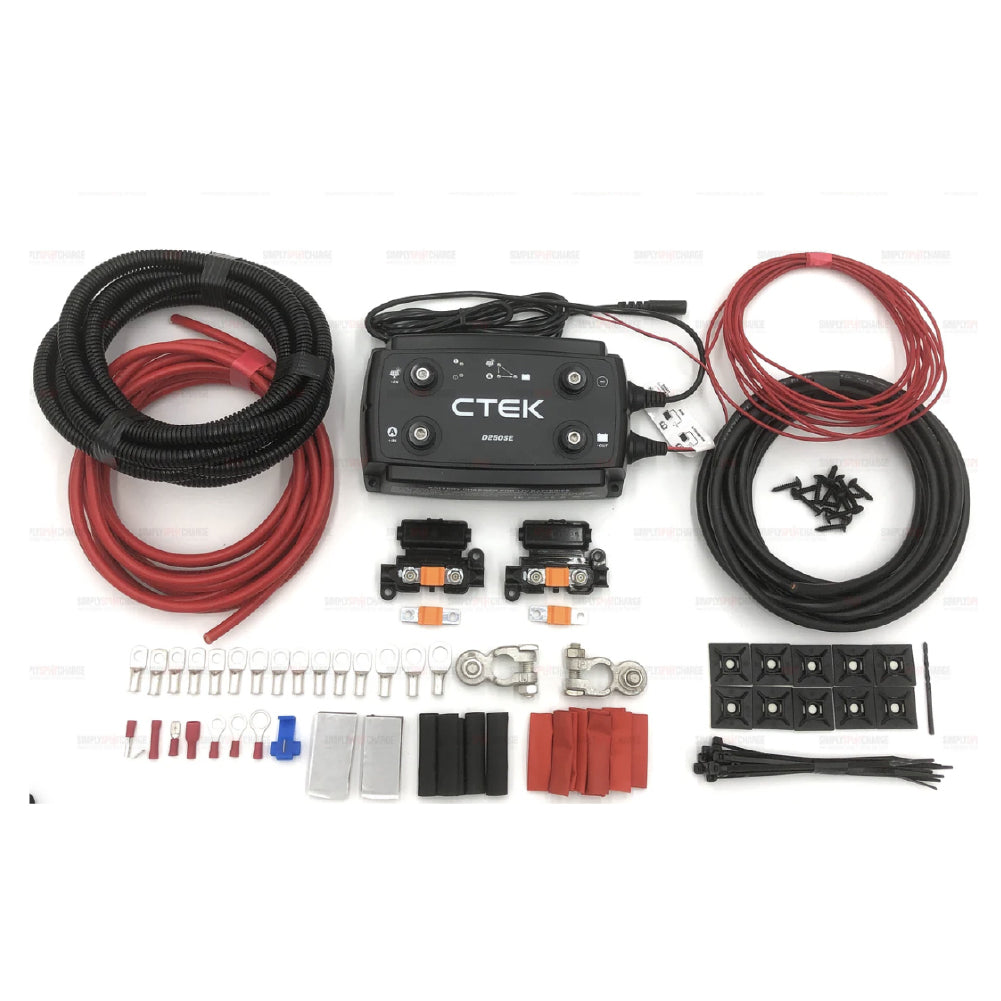The simplest way to check if you may be able to use standard relay system or require a battery to battery charger is to do a voltage test on your main battery to see if you have a constant voltage from the alternator or it is controlled via the ECU or some kind of charge control module or battery monitoring system.
Start the vehicle and ensure all vehicle electrics are off ie lights and heating ect.
With a multi meter test the voltage at the starter battery over 15-30 minutes.
The voltage will rise from to approx 12.6v up to 14v to 15v as the alternator is now charging the starter battery.
If the voltage stays constant over the test at 14v to 15v then it should be ok to use any standard relay charging system.
If the voltage drops to 12v to 13.5v then the ECU has cut the power from the alternator as a fuel saving feature and you will be recommended to use a battery to battery charger.
This test is not 100% as it will be different on some vehicles but will give you the best idea of what type of charging system may be suitable for your vehicle.
It is not recommended to use a relay system in any vehicle with ECU controlled charging or battery monitoring as this can cause issues with the vehicles electronics.
Most vehicles from 2015 onwards will usually have a smart alternator
Any Euro 6 vehicle as this will have some form of fuel management via the charging system
Any Euro 5 vehicles with High efficiency engines or Stop start features
For charging any AGM, Gel or Lithium type battery that all need to be charged at a regulated voltage which a standard alternator charging system may not provide.



